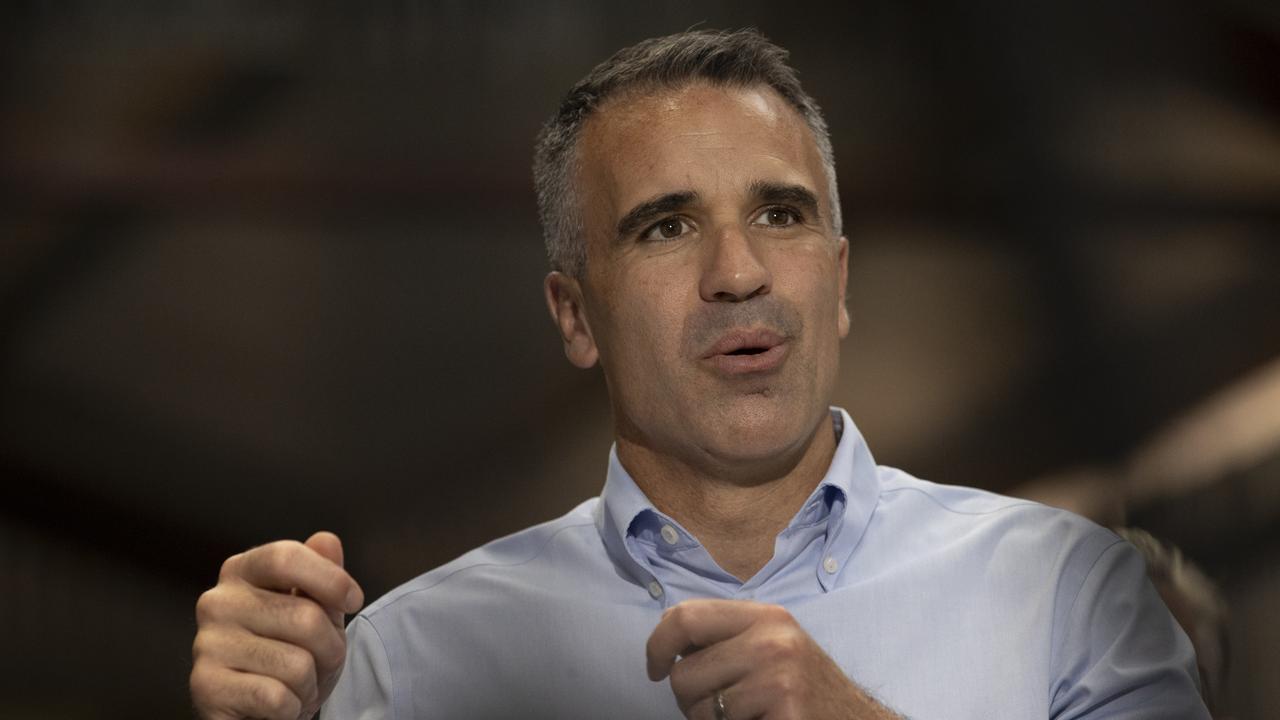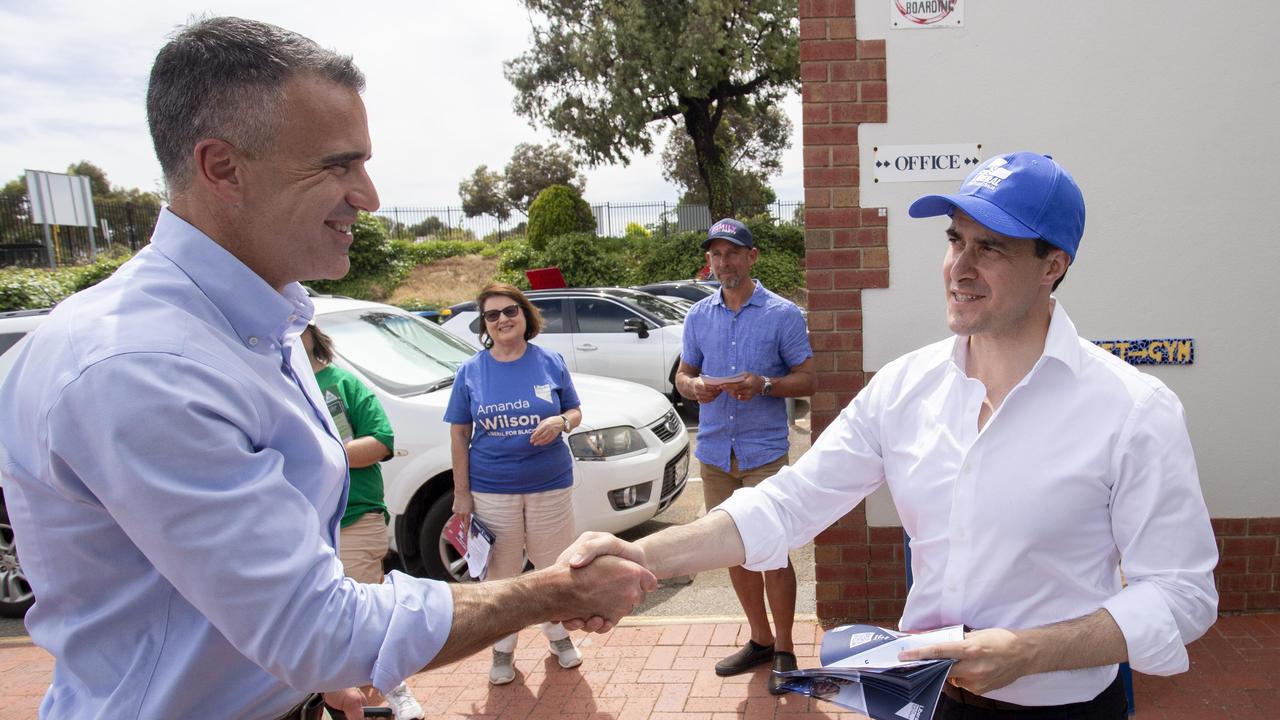International contract dispute embroiling SAHMRI 2 has $500m Australian Bragg Centre cancer unit project on verge of collapse
A $500m city facility promising the southern hemisphere’s first cancer-zapping proton beam therapy has been smashed by cost blowouts and delays that threaten the whole project.
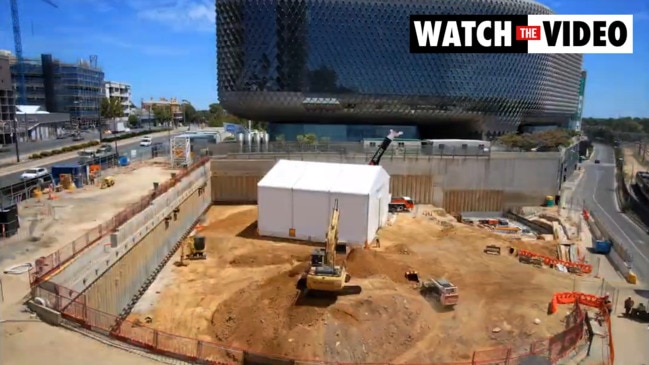
SA News
Don't miss out on the headlines from SA News. Followed categories will be added to My News.
A world-leading cancer-fighting facility is at serious threat of collapse amid risks of an international contract dispute that has left taxpayers facing the possibility of a multimillion-dollar bill for the landmark Adelaide facility.
The $500m Australian Bragg Centre, formerly SAHMRI 2, was due to host the country’s first proton beam therapy unit in a concrete “bunker” in one of the city’s most expensive buildings.
But a seven-month Advertiser investigation has revealed the southern hemisphere’s first unit of its type, is at “significant risk” of failure, leaving South Australian taxpayers “on the hook” for “many millions of dollars” for at least the next 15 years.
The South Australian Health and Medical Research Institute unit, located on North Tce in the CBD’s northwest $3.6 billion BioMed city precinct, has already been hit with cost blow outs and delays after it was originally due to open at the end of last year.
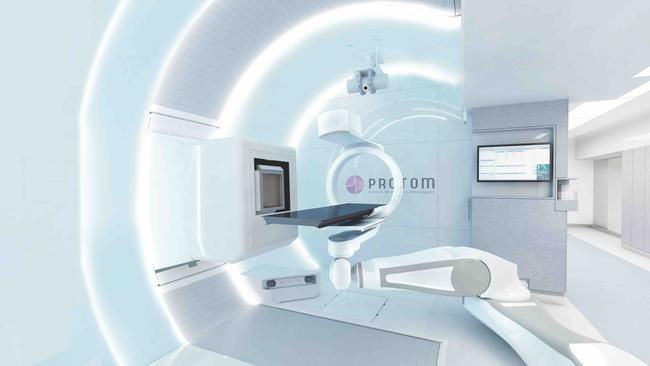
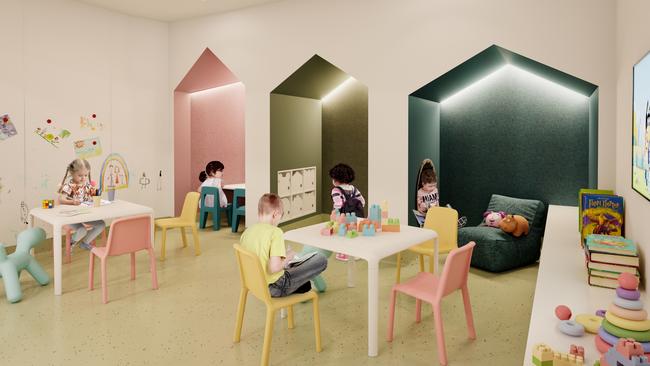
Authorities have since revealed the American firm hired to deliver the cutting-edge technology has asked for “more time” and a “significant” bailout, blaming Covid-19 and the Ukraine war for failing to meet project milestones.
SAHMRI, acting on state Treasury advice, has refused to pay more money to Boston-based ProTom International (PTI), which was paid almost $68m in taxpayer funds for its pioneering equipment.
It is understood a “significant proportion” of the contracted sum has already been paid to PTI, believed to be almost $45m.
A delegation, comprising of SAHMRI, SA Health and Treasury officials, flew to the US three weeks ago for urgent crisis talks, where “significant concerns” emerged at the company “struggling” to meet the terms of its contract.
The company, which has been paid several interim payments but has denied wrongdoing, has been asked to provide a “clearer picture” about its financial affairs.
Heavily redacted government documents, released under Freedom of Information laws after a seven month battle, show the crisis has been the subject of Cabinet talks.
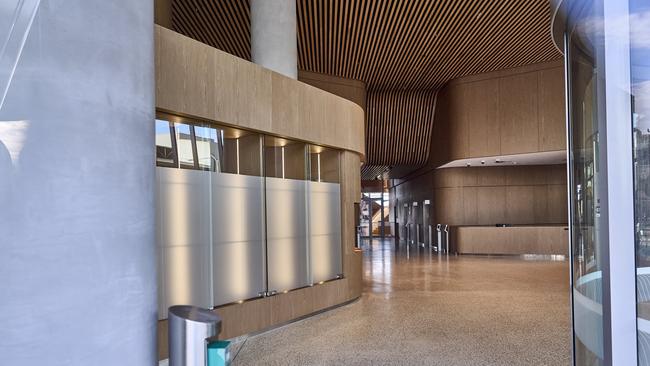
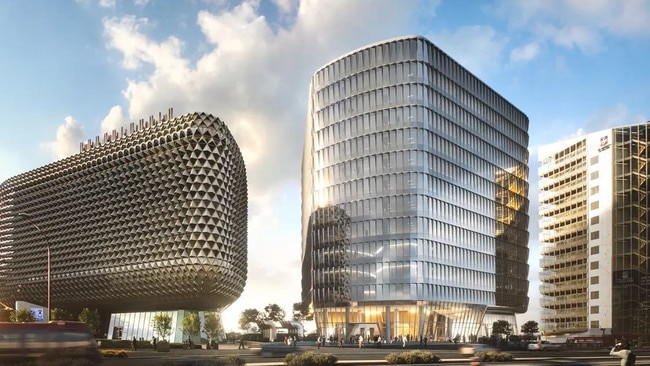
In an interview this week, an “extremely frustrated” Treasurer Stephen Mullighan said the project’s future was in jeopardy.
“I think at this point in time, the project is at significant risk,” he said.
“But we are all still working towards a solution where our unit gets delivered properly. All parties are working towards trying to get this project back on track but the project remains at significant risk.
“I think it’s incredibly disappointing that what was contracted has not yet been delivered and the project is delayed and potentially over budget.
“The last thing anyone wants to see is this issue cast a shadow over SAHMRI and its standing among the international research community.”
Company chief executive officer, Paul Tso, declined to comment on Wednesday morning.
“Unfortunately we cannot assist you at this time, as we are bound by an NDA [nondisclosure agreement] we have signed and therefore we cannot make any comments,” he said.
Speaking ahead of a formal statement to state parliament on Wednesday – in response to The Advertiser’s inquiries – Mr Mullighan declined to say how much public funds were at stake or what options were being explored.
He said while he hoped the unit could open, there were unanswered questions, which ProTom has been given additional time to explain.
He added: “The Commonwealth and state governments have formally instructed SAHMRI not to pay any further monies to ProTom International until this issue is resolved and we understand very specifically and accurately the capacity to deliver the unit.
“That’s still being worked through at the moment. But it is too early to speculate on any alternative options.”
Asked if this involved potential legal action, he replied: “I think the only way to answer that is to say there’s a legally binding contract between SAHMRI and ProTom International.
“At the outset, when you have a contract, you expect that the other partner is going to deliver what’s required.
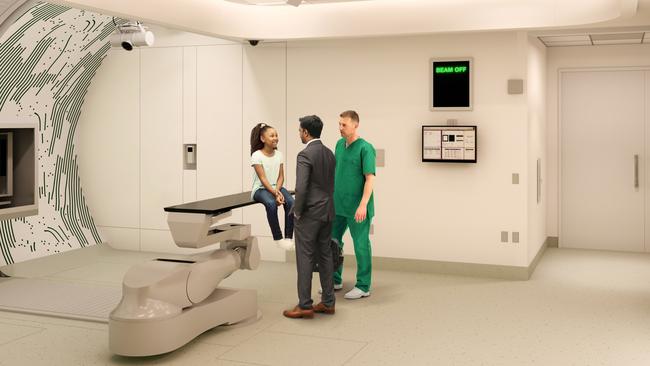
“But it’s too early to say if legal action is necessary. We’re not at that point yet.
“We’re at the point now, where we’re trying to understand why PTI says that they need extra time and money, whether that’s a legitimate request and if that would actually mean that they’ll be able to deliver the unit, even if they did have an amount of extra time and money.”
The Australian Bragg Centre for Proton Therapy and Research Centre is funded through a public/private partnership including SAHMRI, Commercial & General construction firm, the Commonwealth and state governments as well as Dexus property fund.
A $68m Commonwealth “grant” was awarded in 2017 to buy the Radiance 330 equipment, while the former Liberal state government authorised a series of complex leasing guarantees in 2020 at the height of the pandemic.
Amid concerns from building firm Commercial and General about the construction’s financial viability - after no tenants were signed - Liberal ministers agreed in April 2020 to a 15-year lease for five floors at “commercial rates”.
It is understood the terms were competitive that were normal for government leasing.
Taxpayers also would pay 21 months rent while the bunker, which was designed with specific dimensions for the PTI equipment, was fitted out.
The government has also guaranteed SAHMRI’s obligations to the centre for the succcessful delivery of a proton unit.
This exposed SA to a liability of “many, many millions of dollars”, Parliament heard.
Officials last year said the centre was “on schedule to provide lifesaving proton therapy from 2025”.
PTI operates the technology only at one other location worldwide - Massachusetts General Hospital, Boston.
It is understood Cabinet, including Premier Peter Malinauskas, has been briefed about the ongoing crisis.
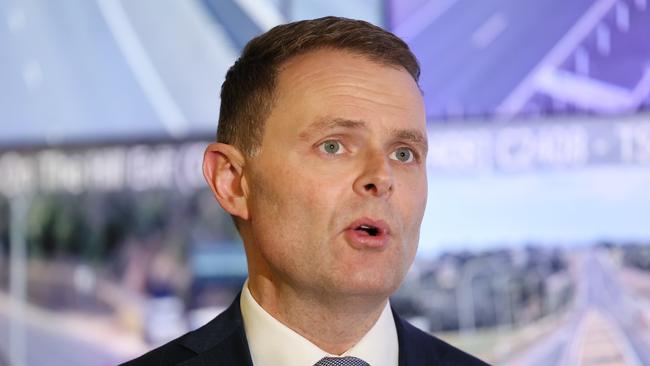
Mr Mullighan, who was first briefed about the project when he came to government in March 2022, approved an additional $3.2m in funding late last year to support the unit’s “ongoing operation while the project was delayed”.
Another payment has been made in the past 14 months.
“I’m furious that taxpayers have ended up on the hook for millions of dollars a year for at least 15 years of underwriting a commercial office development,” he said.
“We’re very disappointed to see how the building project had been effectively bailed out by taxpayers at such prohibitive expense.
“And the taxpayers remain on the hook for that for at least the next 15 years.”
SA Health is preparing to shift dozens of staff to the 14 storey building, which Dexus and the Healthcare Wholesale Property Fund bought for $446.2m in October 2020 in what was billed as one of the country’s biggest private sales of its type.
Sources said SA Health was embroiled in an internal “s***show” about moving staff after a worker backlash following construction being finished in September last year.
While the lease has started, taxpayers are not paying “dead rent” at present before staff occupy the building from June.
SA Health has consulted with more than 500 staff but that is ongoing.
Treasury boss Rick Persse declined to release dozens of FOI documents, on commercial and cabinet secfecy grounds, after an internal review.
SA Health’s chief executive Dr Robyn Lawrence claimed a fortnight ago her agency’s request - sought in June last year - was not within the “scope” of The Advertiser’s application.
She said the Transport and Infrastructure Department handled all government commercial leasing talks for CBD office space.
Mr Mullighan said he had not publicised the problems, sheeted blame or “thrown mud at our political opponents about this although they deserve a fair dose of it”, as he wanted to give the project “the best chance of succeeding”.
“It was a nation leading investment to deliver what’s been regarded as one of the best research institutes in the country,” he said.
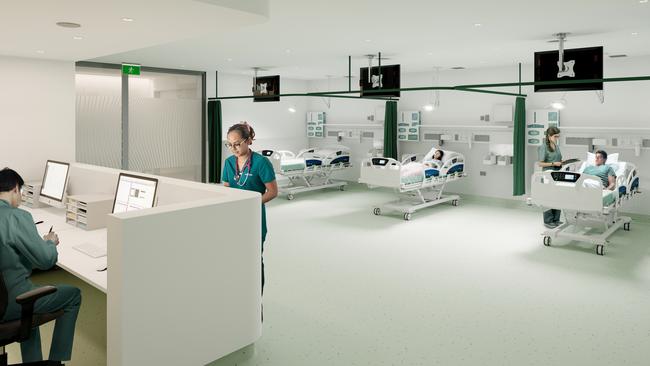
“And they entered into this to expand their presence and to expand their capabilities and provide the only place in Australia that could treat, mainly children, with the most advanced cancer treatment in the country, if not the world.
“Where we’re at with Proton International, has cast a significant shadow over those endeavours.
“And I think, whether it’s for SAHMRI, or for the state government or for the state generally, it’s extremely frustrating that the project is at this point.
“From my perspective, I’m extremely angry that taxpayers have now got a very significant financial liability that they’ve got to meet over at least the next 15 years.”
In a statement, a SAHMRI spokesman said it “has been advised that global supply chain issues have delayed the acquisition of key components, placing the project at a critical juncture”.
“Development of Australia’s first proton therapy unit is an extraordinarily ambitious and complicated project,” he said.
He said all parties involved are “committed to identifying the most suitable way forward”.
A spokeswoman for Federal Health Minister Mark Butler had no comment.
Originally published as International contract dispute embroiling SAHMRI 2 has $500m Australian Bragg Centre cancer unit project on verge of collapse




